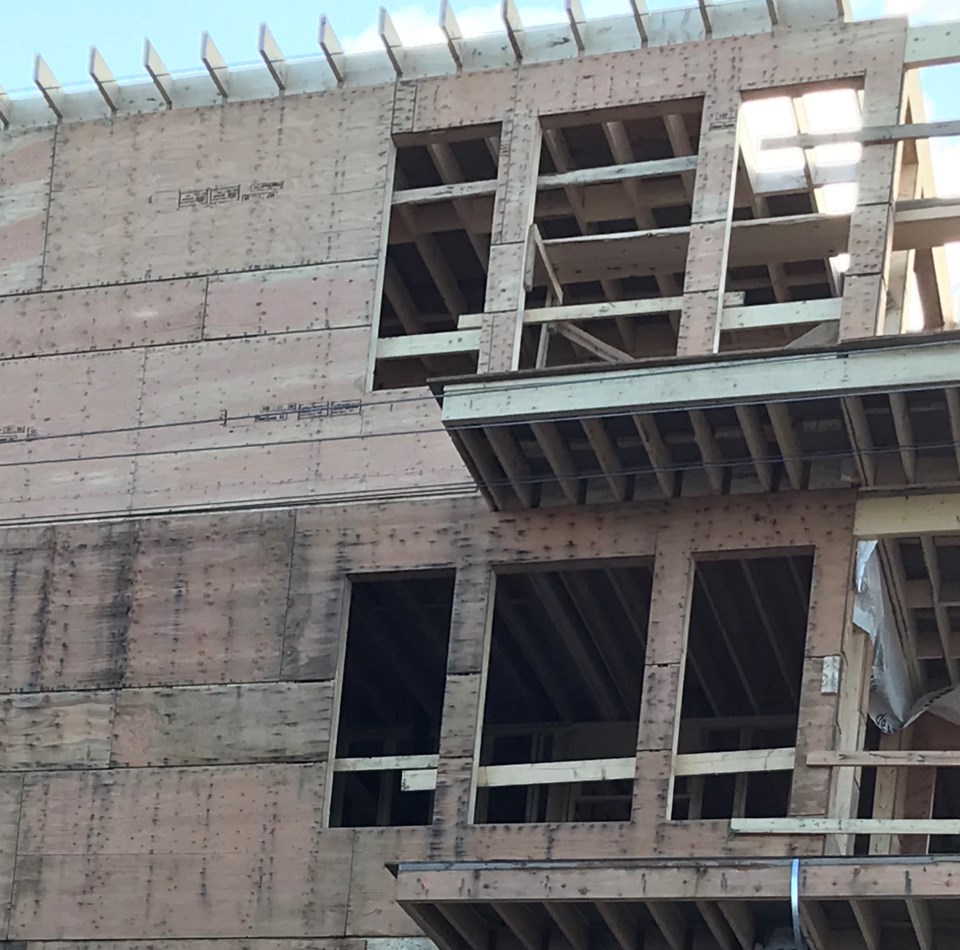Delta council last week approved the city’s new Housing Action Plan.
The plan sets out eight strategies, each with short to long-term actions over the next five years, to address the needs identified through Delta's Housing Needs Assessment.
The first strategy is to promote priority housing types through a comprehensive incentives package to create purpose-built market rental, non-market rental, supportive housing, accessible units and other priority and affordable housing types.
The second strategy includes looking at city and community-owned lands and working with land owners interested in redevelopment to accommodate priority housing.
The strategies also includes introducing tenant relocation and rental stock protection policies, piloting pre-zoning in select areas near town centres, as well as creating opportunities for “gentle density” in order to allow units like duplexes, triplexes, fourplexes, coach homes, detached suites and townhouses in historically single-detached neighbourhoods
The strategies also include increasing the number of accessible units and strengthening partnerships and advocacy by working with partners across the housing sector.
Meanwhile, planning staff have already identified a number of key short-term actions that will be prioritized over the coming months including, among other things, undertaking a parking study to determine potential parking reductions with a focus on the greatest reductions for priority housing.
The city will also draft a development cost charge waiver bylaw for non-profit housing, develop tenant relocation and rental stock protection policies and update Official Community Plan designations around town centres, with a focus on Ladner Village and the Scott Road corridor in North Delta.
The strategy has been in the works for a couple of years and included community consultations as well as the housing needs assessment for the community.
Among the findings in that assessment was that many Delta households spend more than 30 per cent of their income on shelter costs and wait lists for the limited supply of non-market housing are increasing.
The housing affordability challenges experienced by renters generally require more intervention than the challenges experienced by owners, the assessment concluded.
A staff report notes some key messages that were heard during the final round of public consultation included the need to ensure that development be sensitive to the existing community, concerns about potential impacts to landlords and the need to recognize that affordable housing is needed by all, not just specific groups.
Council was told that additional consultations will take place as new bylaws are considered for implementation.




